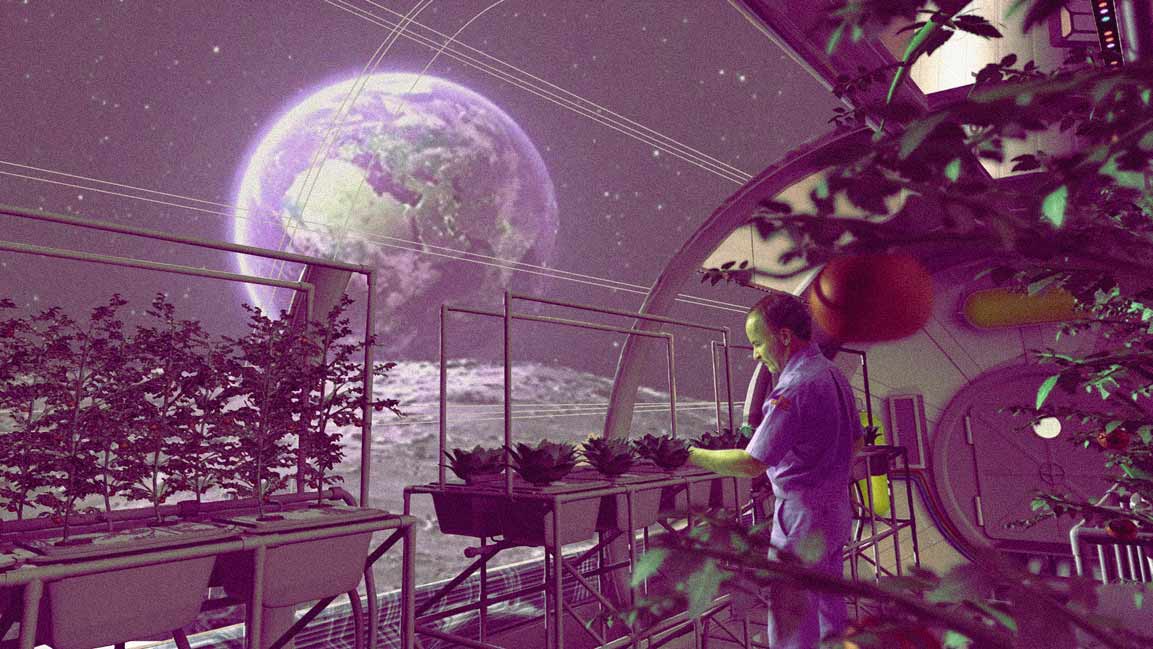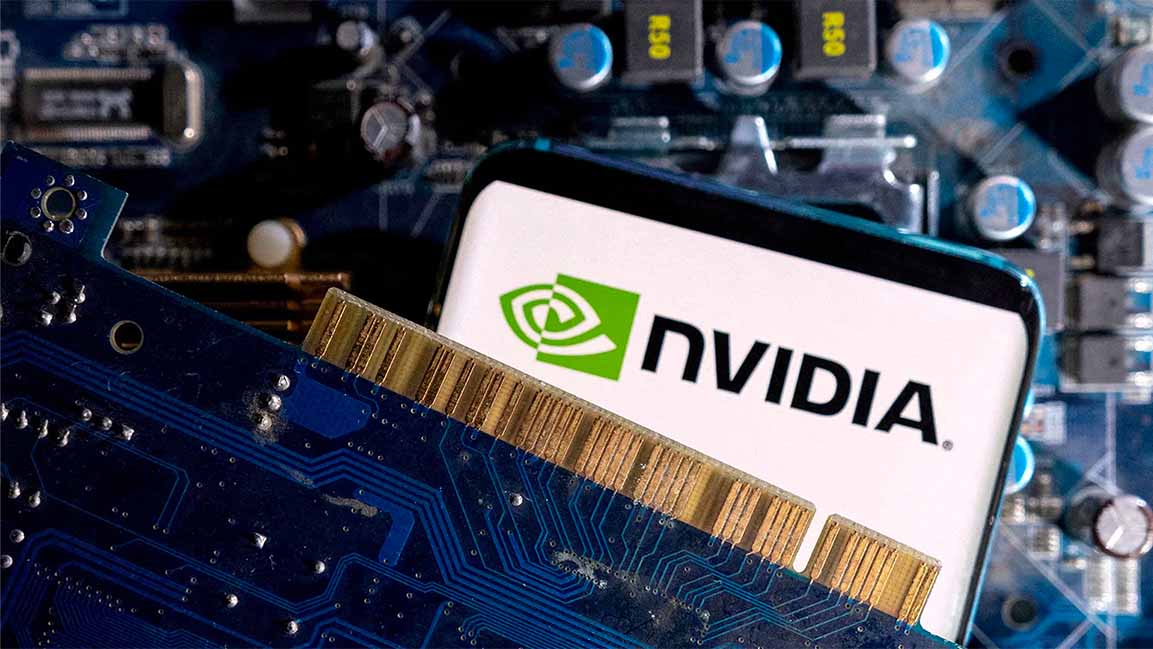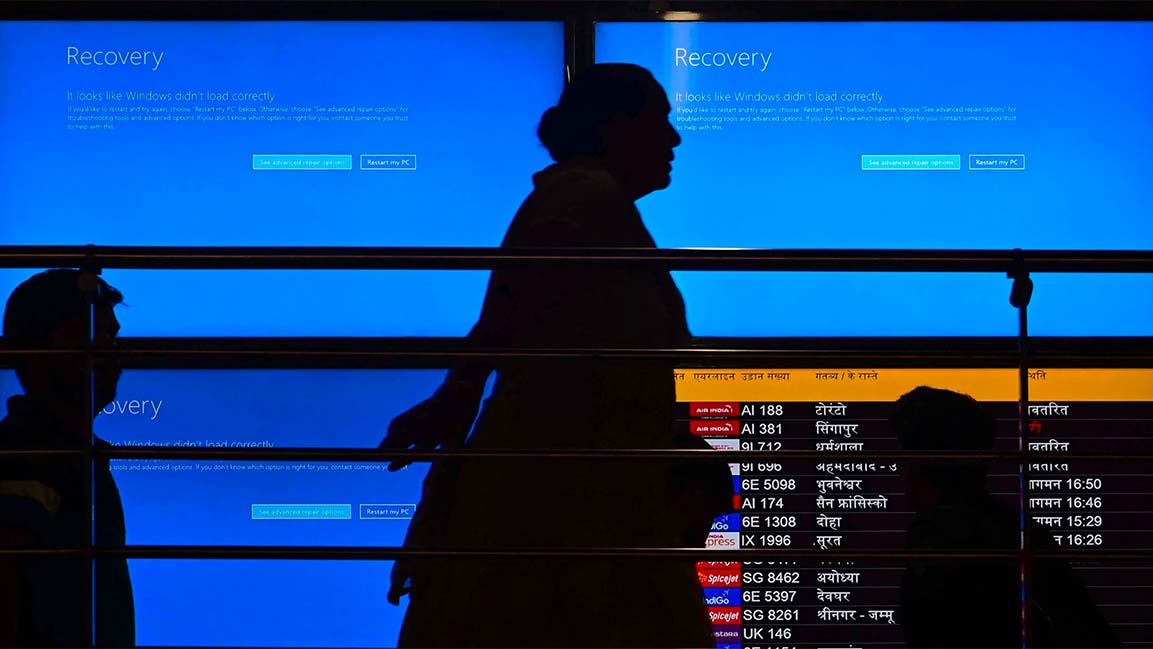- | 9:00 am
From chickpeas to zero-gravity meat, Arab countries boost efforts to produce food in space

The limitations of space travel today are similar to the first-ever long-distance journey embarked by man. Much like scurvy brought on by severely restricted diets, astronauts are confined by restrictive menus low on nutrition. History proves food supply’s correlation with the success of man’s discovery in nautical miles; similarly, the availability of food in space is crucial today.
Many have tried to address food production in space by deploying solutions containing an entire mobile ecosystem. Food security, especially in the Middle East, has emerged as a major focal point in recent months as Arab countries seek to pursue sustainable economic structures. UAE and Saudi Arabia are employing innovative tech to turn inarable lands into cultivable soil.
In fact, innovations employed in desert regions have the potential to increase the quality of food in space, given the similarity in terrain.
Still, why must space claim a chunk of the food mix in a region so highly dependent on importing nearly 50% of its produce? Food production on Lunar and Martian soil must be as important a pillar in the groundwork for establishing a permanent space settlement by 2050.
In 2019, during Hazza Al Mansoori’s historic journey to the International Space Station (ISS), the former fighter pilot performed a number of experiments including the impact of microgravity on seed germination rates.
The Abu Dhabi Investment Office (ADIO), which aims to spend about $41 million to develop technologies for producing food in arid conditions, is also researching producing food in space.
Several Arab companies involved in green growth in zero gravity employ scientific approaches established on the premises of innovations on Earth.
Starting with Israel’s “Space Hummus” experiment that launched into orbit in February 2022. Following its foray into the field in 2019, with a successful attempt to culture lab-grown meat in space, the first-of-its-kind experiment is led by Yonatan Winetraub, one of the three founders of SpaceIL, an Israeli nonprofit best known for attempting to land a spaceship on the moon.
Winetraub and a team of scientists and engineers from Israel and Stanford University worked on a sealed greenhouse, the size of a quart container of milk, via a NASA cargo shuttle. After a day of travel, the shuttle reached the ISS, where the greenhouse was delivered to the American side of the ISS. The experiment aims to study chickpea growth in space through hydroponics.
Scientists will conduct experiments at the ISS using special LEDs to assess the optimal conditions for plant growth 248 miles (399 km) away from natural resources. The aim is to optimize synthetic biology based on the findings of Space Hummus which will be essential to the growth of crops in a space station or on Martian soil.
Greens are essential; however, Israel’s Aleph Farms’ latest innovation aims to establish large-scale meat cultivation facilities in extraterrestrial environments.
Nanoracks, a global provider of commercial access to space, is leading research on the impact of harsh space environments and arid Earth conditions on agriculture. In 2021, Nanoracks launched a new space agtech company, StarLab Oasis. This expansion highlights Nanoracks’ commitment to addressing the growing problems of desertification, climate change, water scarcity, and food security. The research on the impact of harsh space environments and arid Earth conditions on agriculture led us to the deserts of Abu Dhabi.
In a press statement, Jeffrey Manber, CEO of Nanoracks, said, “StarLab Oasis will provide the technology and access necessary to overcome the direst challenges facing our Earth today, from climate change to water scarcity, and to one day, in turn, help sustain tomorrow’s farmers, innovators, and space explorers.”
With several innovations in the pipeline for 2022, the growth of food in space environments can revolutionize the fragility of food chains affected by climate change — the need of the hour for food-insecure and import-reliant regions such as the Middle East.








































